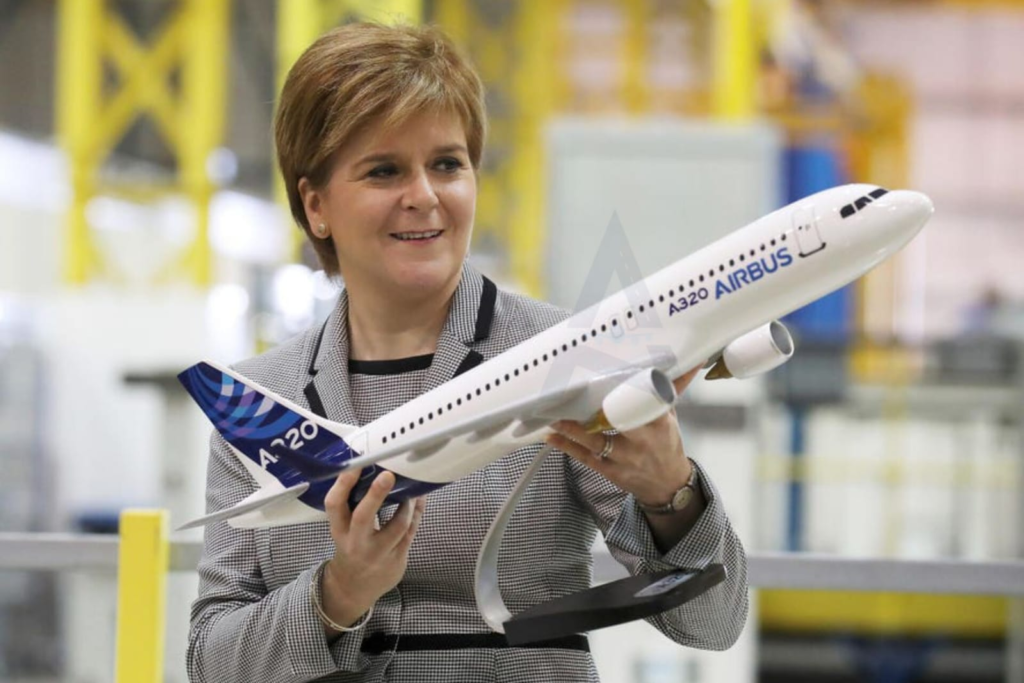Boeing, a global leader in aerospace, is on the brink of finalizing a significant deal with Spirit AeroSystems, a key supplier of aircraft components. This impending agreement has stirred considerable interest and raised concerns, particularly within the UK where a union representing aerospace workers has expressed apprehensions about potential consequences.
The union’s concerns primarily revolve around the impact of the deal on jobs and the broader aerospace industry landscape in the UK. With Boeing navigating through financial challenges and strategic realignments, including its ongoing recovery from the impacts of the COVID-19 pandemic and the Boeing 737 MAX crisis, any major decision regarding partnerships and supplier relationships carries substantial weight.
Spirit AeroSystems, which manufactures fuselage sections and other critical components for Boeing aircraft, plays a pivotal role in the aerospace supply chain. The union’s worries about job security stem from fears that changes resulting from the deal could lead to restructuring, cost-cutting measures, or shifts in manufacturing operations. These concerns are heightened amid existing uncertainties in the global aerospace market, including fluctuating demand for commercial aircraft and evolving regulatory requirements.
From a strategic perspective, Boeing’s collaboration with Spirit AeroSystems is seen as essential for streamlining operations, enhancing efficiency, and ensuring continuity in production. However, such partnerships also prompt discussions about the balance between business objectives and socio-economic impacts, particularly in regions heavily reliant on aerospace manufacturing.
The UK union’s advocacy for transparency and safeguards for workers underscores broader themes of corporate responsibility and stakeholder engagement in the aerospace sector. As negotiations progress and details of the agreement emerge, stakeholders, including government bodies, industry analysts, and workforce representatives, will closely monitor developments to assess the implications for jobs, investment, and industrial strategy.
In conclusion, while Boeing and Spirit AeroSystems aim to finalize their deal to strengthen their collaboration and operational synergies, the concerns raised by the UK union highlight the importance of balancing corporate strategies with socio-economic considerations. The outcome of this agreement will not only shape the future of Boeing’s supply chain dynamics but also influence the broader aerospace industry’s landscape, making it a pivotal moment for stakeholders across the sector.
As this story continues to unfold, stakeholders will remain vigilant, seeking clarity on how the partnership will impact jobs, production, and the overall resilience of the aerospace manufacturing sector in the UK and beyond.

